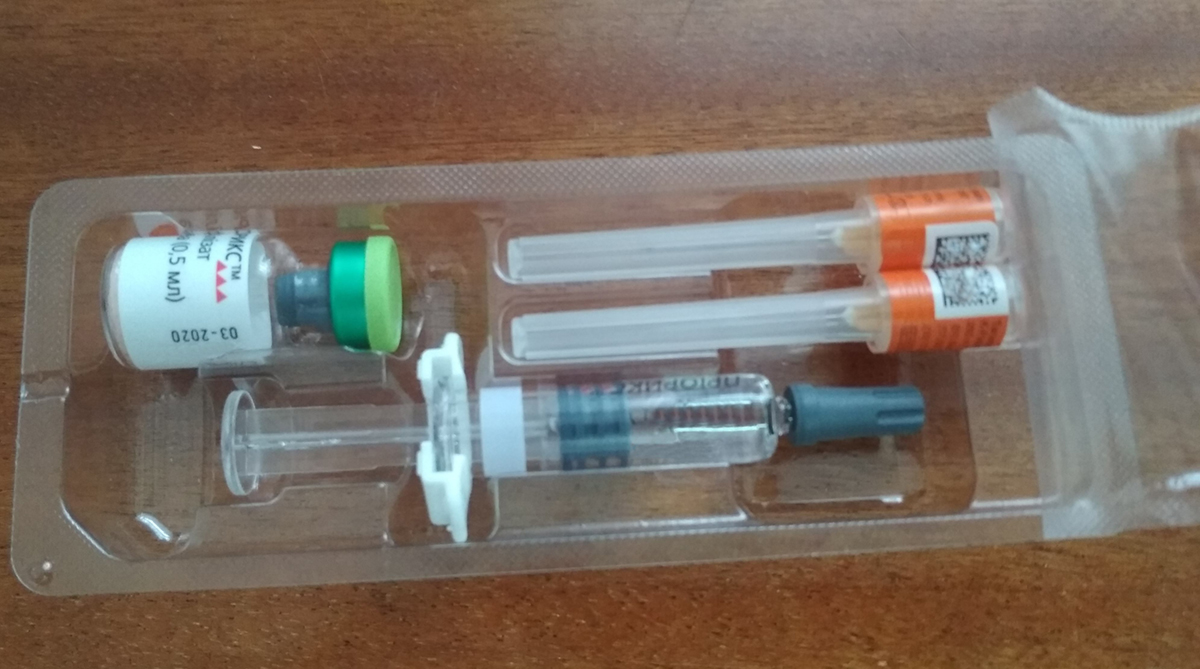
IntroductionMumps is a viral disease that causes swelling of the glands below and in front of the ears, headaches and high temperatures. Mumps may lead to painful inflammation of the ovaries or testicles. Complications of mumps are severe and include respiratory conditions and meningitis, the inflammation of the brain membranes. Until the vaccine was introduced, mumps were relatively common, especially among the children. Nowadays, due to the vaccination programs the number of patients with mumps has fallen drastically. VaccineVaccine is given to a child after his first year. 12 to15- month-old child gets the first shot of the vaccine. The second shot of the so-called booster vaccine MMR, which combines measles, mumps and rubella, is given to a child before he starts primary school. The time for vaccinations is determined by the doctors and health-care providers. If a child has a cold or fever, he or she may get the vaccine. However, if a child has some serious infection or fever it is advisable to wait until he or she recovers. Allergic reactions to the first vaccine mean that a child should not receive the second MMR vaccine. The purpose of the vaccine is to prevent mumps. It does not cure mumps, when the person has already been infected. Vaccine consists of a small amount of virus causing the mumps so that the body's immune system can produce the white blood cells or T cells to respond to possible future infections. In order to be effective, the child has to take both vaccines. Side effectsThe place around the vaccine shot may swell, burn and itch. A child can develop some more serious allergic reactions, such as the whole body reactions-anaphylaxis. A child may have allergic skin reactions-angioneurotic edema, skin rashes, Stevens-Johnson syndrome and others. Bronchial spasms can occur too. The vaccine can affect gastrointestinal area triggering diarrhea and pancreas inflammation, pancreatitis. The white blood count may be raised and the level of blood platelets decreases. The level of blood sugar may increase. The lymph nodes swell. The person can start coughing and have a blocked nose. The feverish state is a common side-effect, as well as dizziness that sometimes complicates into fainting. Central and peripheral nervous systems are susceptible to vaccine reactions so there is the possibility of developing Guillain Barre syndrome, the brain inflammation or seizures. The mumps vaccine negatively affects the hearing, so a person may be unable to hear. As with men, the inflammation of the testis has also been reported as one of the negative effects.


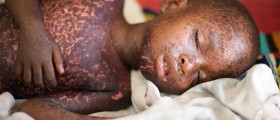



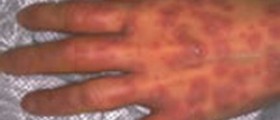




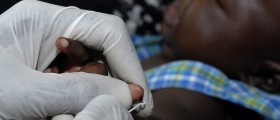
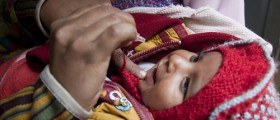

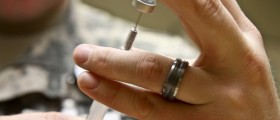


Your thoughts on this
Loading...